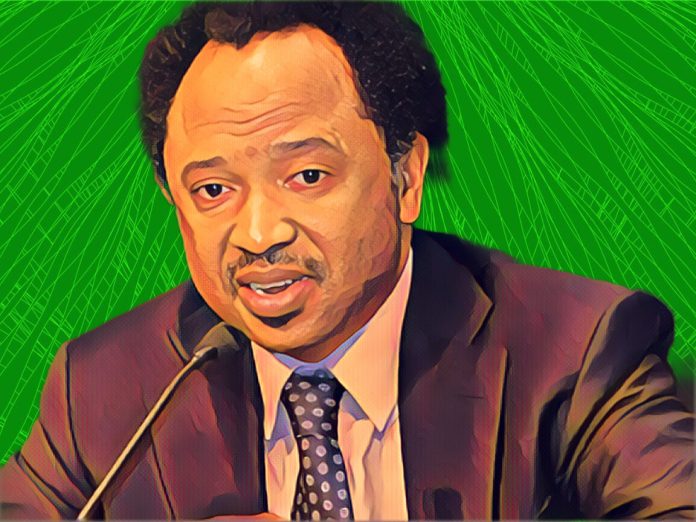KEY POINTS
- Senator Shehu Sani and other leaders urged President Tinubu to ease the burden of rising fuel prices on Nigeria’s poor.
- Reverend Israel Akanji called for a reduction in fuel prices to lower the cost of living.
- The leaders emphasized the importance of addressing both economic and security challenges for long-term national growth.
Nigerian leaders, including Senator Shehu Sani and Reverend Joseph Hayab, have called on President Bola Ahmed Tinubu to mitigate the negative impacts of rising fuel prices on the nation’s poor. They emphasized the need for leaders to lead by example in making sacrifices.
At the 64th Baptist Ministers Conference in Kaduna, these leaders expressed concerns over the deepening economic strain faced by millions of Nigerians, particularly following the latest petrol price hikes.
Senator Sani, a vocal advocate for the underprivileged, noted that while reforms are necessary, the burden should not fall solely on those already struggling.
Calls for sacrifice from leadership
Sani, who represented Kaduna Central in the 8th National Assembly, highlighted that economic reforms require sacrifices but insisted that it should start with those in power.
“We are a nation of over 224 million people,” Sani said, “and we cannot overlook the economic hardships the masses are facing. Leaders, whether in the presidency, Senate, or state government, must make personal sacrifices to lead the nation forward.”
He stressed that for economic transformation to occur, those in positions of authority must take the first steps by making difficult choices and setting examples for others. This, he said, is essential for Nigeria to thrive.
The senator pointed out that the poor, who have been hit hardest by the fuel price hikes, are already enduring the brunt of inflation and rising costs across essential goods and services.
According to Vanguard, he urged President Tinubu and his administration to take a closer look at the suffering across the country and adjust policies accordingly to avoid deepening poverty levels.
Relief in fuel prices needed
Reverend Israel Akanji, President of the Nigerian Baptist Conference, echoed Sani’s concerns.
He emphasized the significant impact fuel price hikes have on the cost of living, adding that reducing fuel prices could lead to a decrease in other costs, such as food, rent, and education.
Akanji further called on the government to be mindful of the pace of economic reforms and the urgent need to protect the most vulnerable members of society.
“Lower fuel prices will not only ease transportation costs but will positively impact other sectors, including agriculture and small businesses,” Akanji said.
Reverend Joseph Hayab, the former Chairman of the Kaduna State chapter of the Christian Association of Nigeria (CAN), added his voice to the call for intervention.
He noted that while the government has made strides in tackling security issues, including terrorism, the continued challenges of kidnapping and violence persist.
Addressing National security concerns
According to Hayab, addressing the nation’s security problems will complement economic reforms, as insecurity has long been a barrier to economic growth.
He urged the government to intensify efforts to eradicate terrorism and ensure that every citizen, regardless of location, could live in peace and pursue economic opportunities.
“There is no doubt that progress has been made in the fight against terrorism,” Hayab stated, “but the threat of violence, kidnappings, and general insecurity continues to undermine our nation’s development. The government must act decisively to end this threat and restore confidence in the security apparatus.”
As economic challenges mount, the leaders made it clear that the fuel price hikes were causing widespread distress.
Their unified call was for President Tinubu to reassess the government’s approach to economic reforms and ensure that the sacrifices made do not disproportionately affect the poor.



